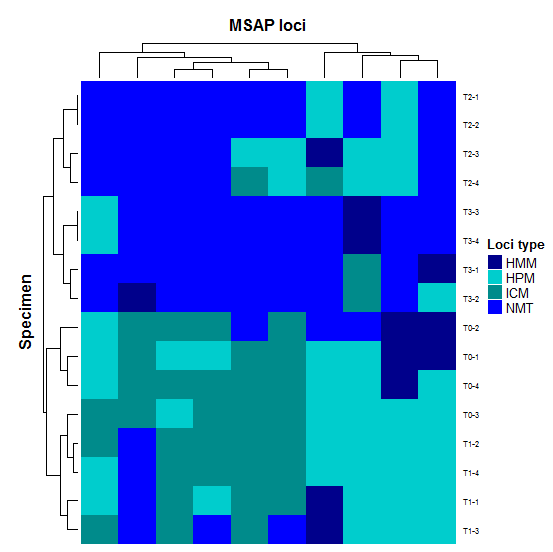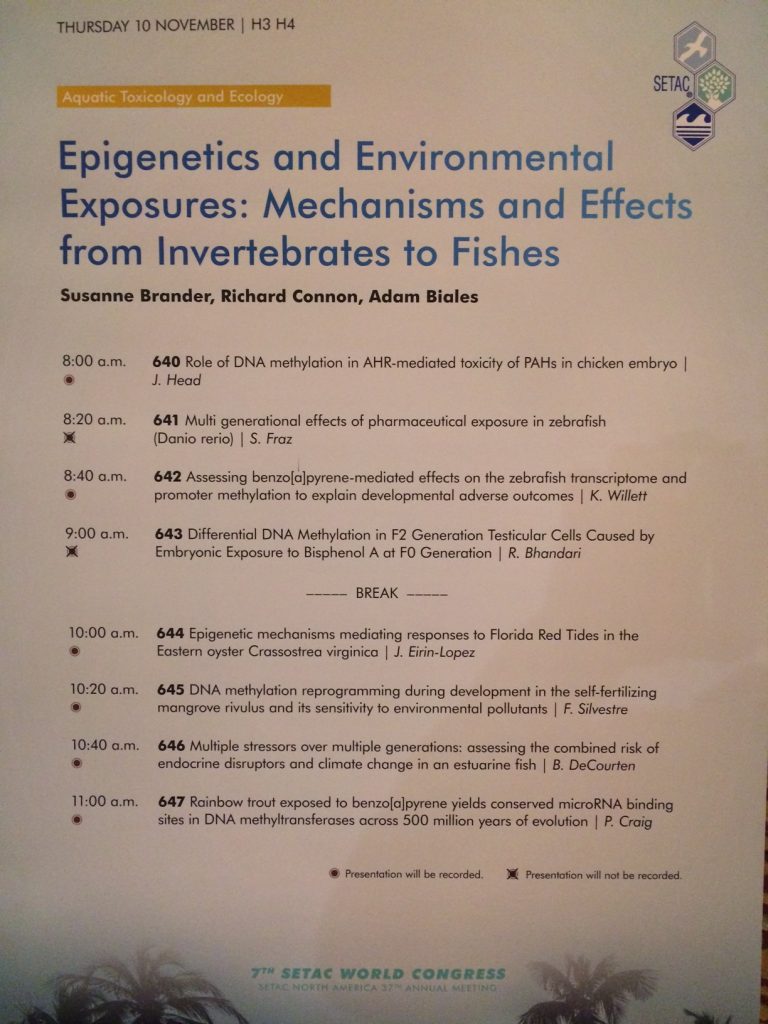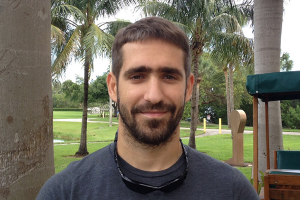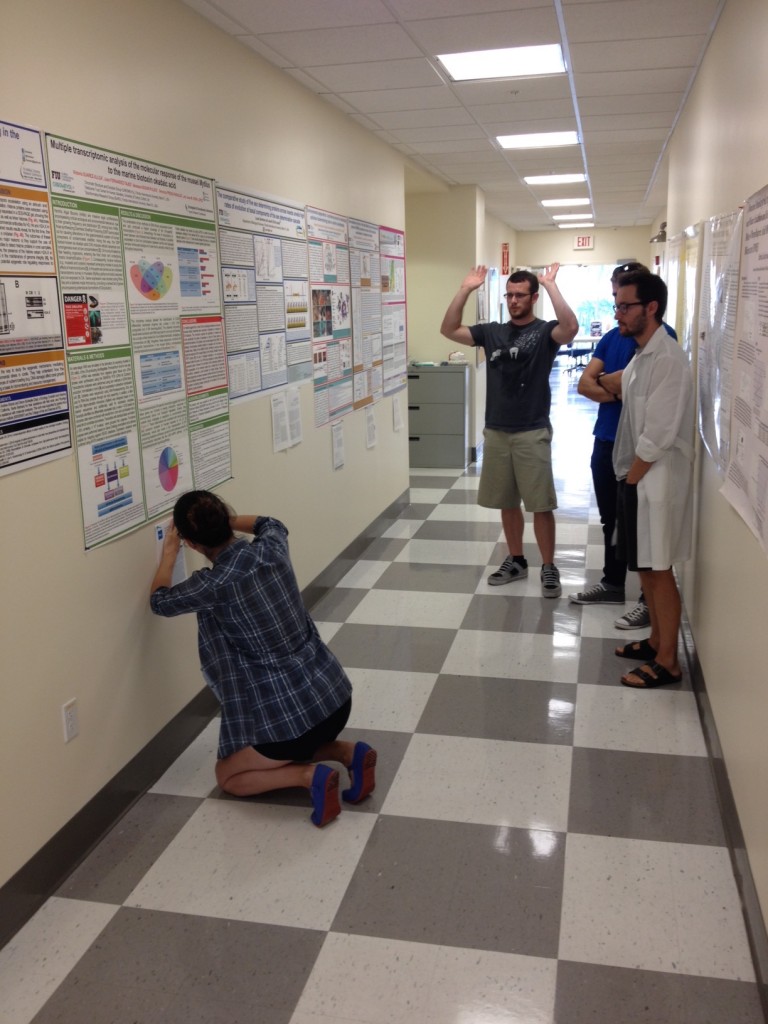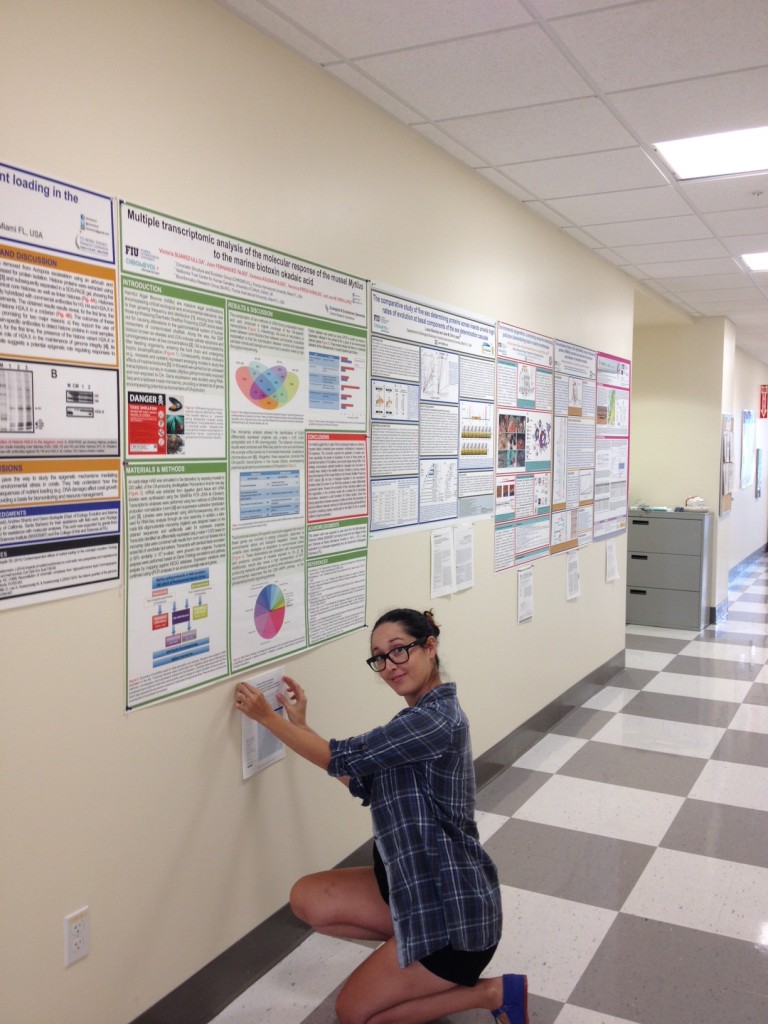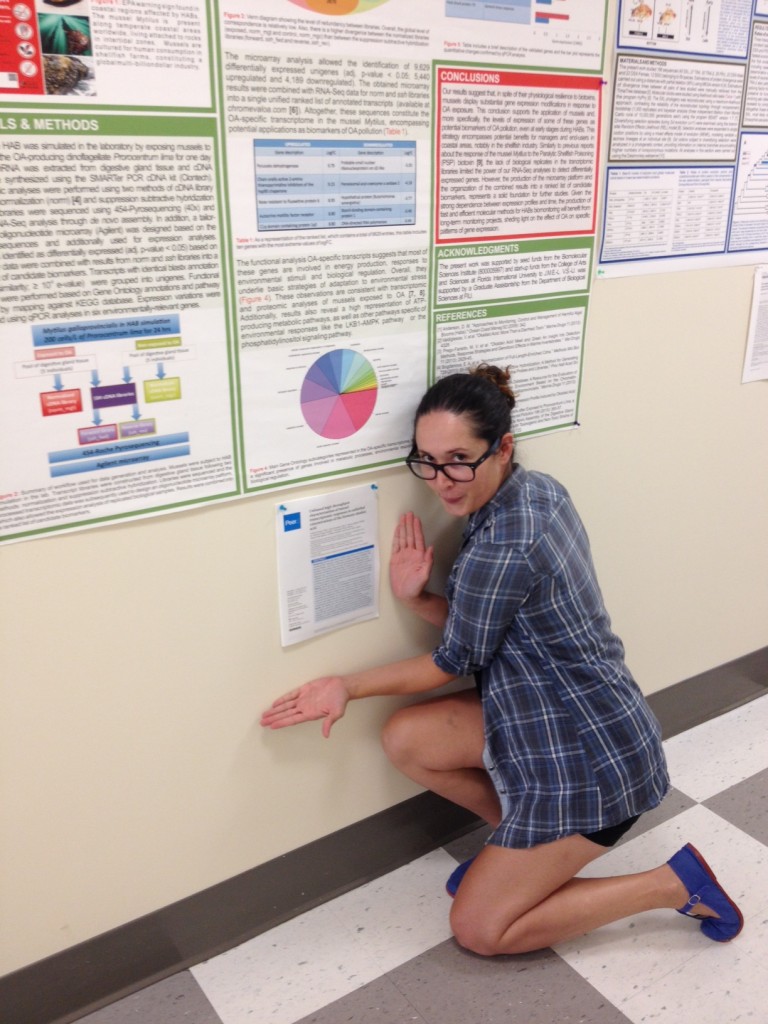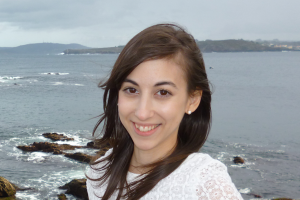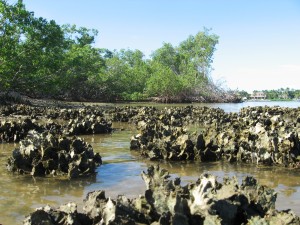Congrats to Vicky Suarez-Ulloa on completing a great PhD!!!
Posted by Chromevol | DNA, Epigenetics, FIU, Graduate student, Marine Biology, Omics, Oysters, Red Tides, Research, Toxicology | No CommentsVictoria Suarez-Ulloa defended her PhD dissertation last week with perfect scores!, this completes a very productive stage in her academic trajectory with 10 papers published, several presentations in international conferences and most importantly, a postdoctoral position already lined up in Europe to continue working with population epigenomics. Vicky, we’re really proud of you and wish you the best for the future!!!

